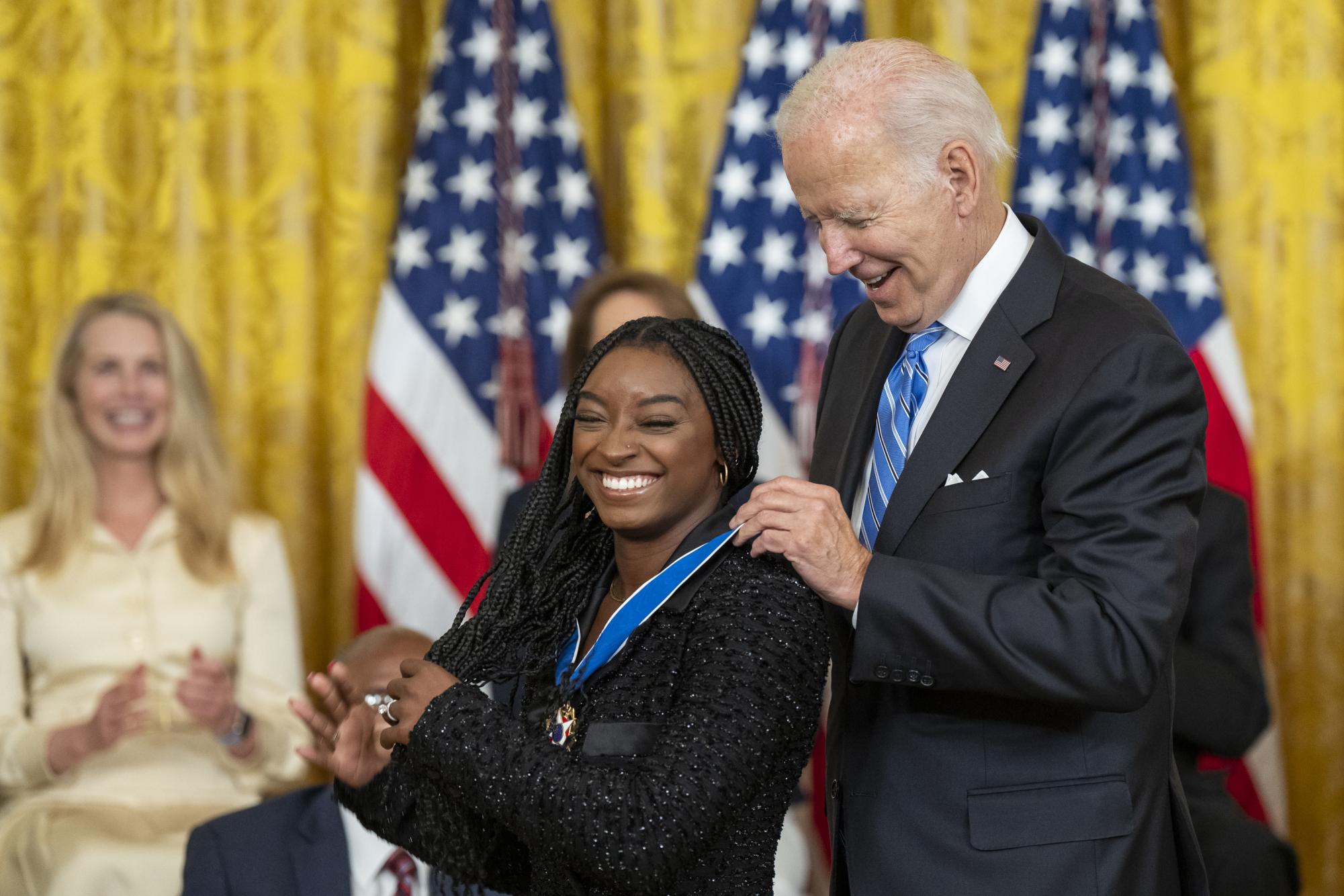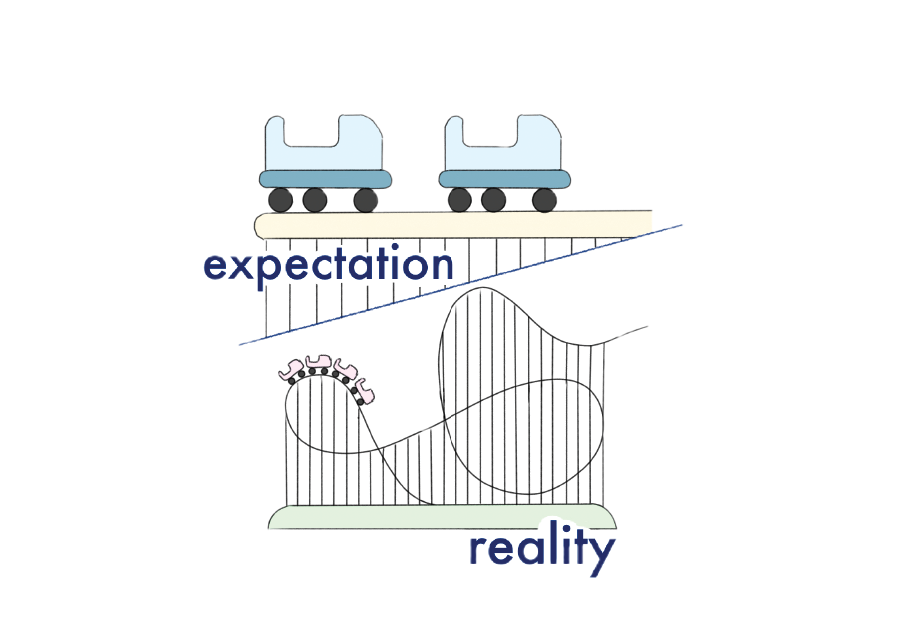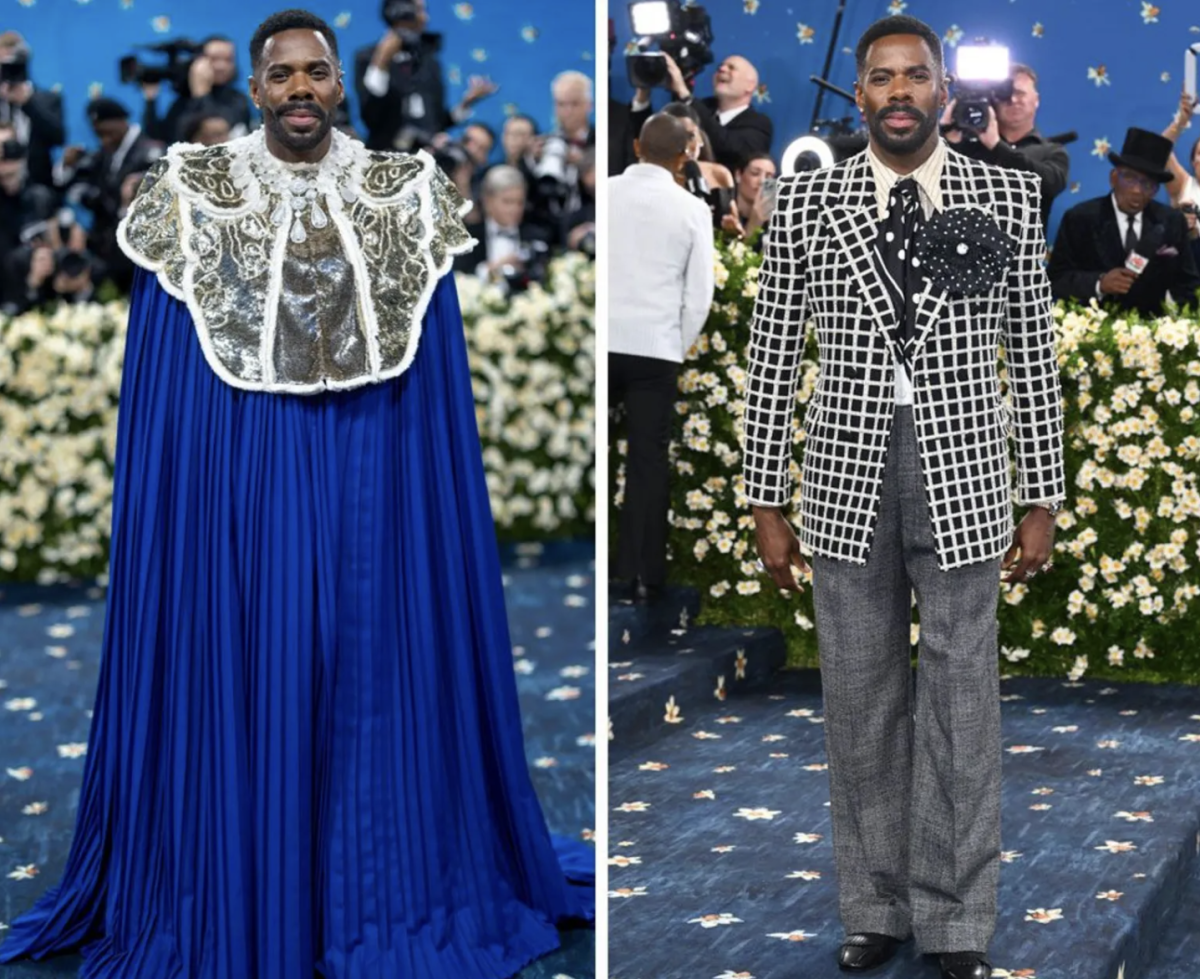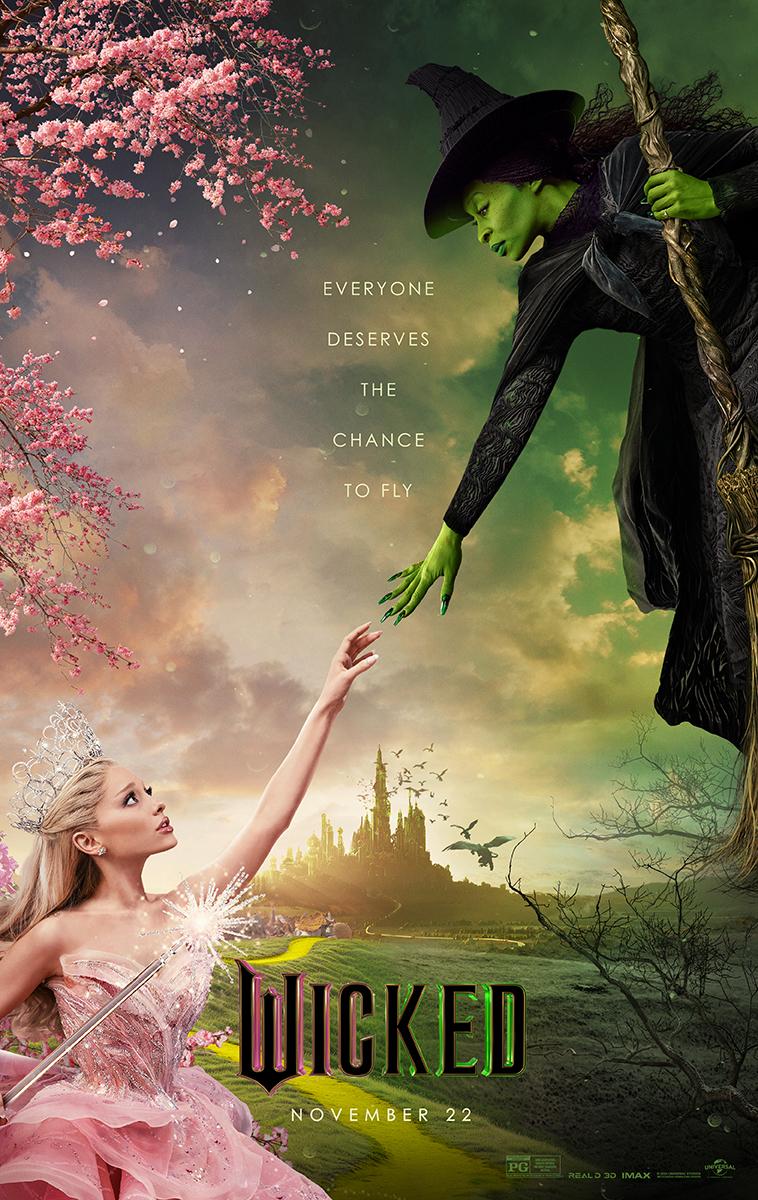“… best ever!”
“… league of her own…”
“… a world innovator…”
“… running out of adjectives to describe…”
“… impossible? Not for someone like…”
Simone Biles.
This summer, I watched with the world as Biles stunned at her third Olympic appearance.
As usual, the record-breaking gymnast displayed astronomical dominance, earning her 8th, 9th, 10th and 11th Olympic medals, bringing her total number of world competition medals up to 37.
In doing so, she solidified her seemingly unbridgeable margin as the most decorated gymnast – male or female – of all time.
Incredible enough, right?
Wrong.
Biles’ participation in the Paris Games followed her decision three years ago to withdraw from several events in the Tokyo Olympics due to a case of the Twisties – a mental block that causes gymnasts to lose locational awareness while rotating in the air.
Considering the amount of gravity-defying rotations Biles must execute, a case of the Twisties would severely undermine her safety and potentially lead to career-ending injuries.
As Biles is perpetually lauded for her unparalleled mental strength, this “uncharacteristic” moment, in addition to throwing the world into speculation regarding whether Biles’ gymnastics reign was over, opened floodgates of positive conversation and awareness surrounding mental health.
Simultaneously, Biles’ withdrawal ushered in a wave of vitriol for the athlete.
To some, the support Biles received was a poor reflection of a “therapeutic society.”
Others claimed that Biles made her decision because she’s a “sociopath.”
Still others deemed Biles a “selfish, childish national embarrassment.”
Yes, Biles was brutally belittled and berated for prioritizing herself in an instance where not doing so may very well have led to extreme injuries or, at worst, death.
As I watched the progression of Biles’ journey, it struck me that many struggled to see the human behind the honors. They expected Biles to shove her feelings aside regardless of what danger could accompany doing so.
The particular flavor of backlash she received surrounding her mental health made me realize that many had, perhaps subconsciously, imposed the “Strong Black Woman” stereotype upon Biles.
You’ve seen the iterations of the “Strong Black Woman,” the look-alike sister of the “Black Superwoman,” in popular culture – think Olivia Pope from “Scandal” or Aibileen Clark from “The Help.”
In public, she is uncannily invincible.
Her emotions, however overwhelming, can be neglected, no, must be neglected, because she probably has a business to run, other people to take care of and think about and/or a fragile reputation to uphold.
Not only can the Strong Black Woman do it all perfectly and by herself, the world finds any of the Strong Black Woman’s imperfections to be odd, incomprehensible, even.
This pervasive stereotype is not new.
According to a study by Dawn Godbolt, Ijeoma Opara and Ndidiamaka Amutah-Onukagha and another one by Jean Wyatt, the Strong Black Woman stereotype dates back to the horrors of slavery, when enslaved Black women were often subject to sexual and physical exploitation by male enslavers.
To justify their ownership and abuse of these women, these enslavers made numerous pseudoscientific claims that Black women were innately strong and had innately higher pain thresholds than others which made them capable of enduring any amount of abuse.
Since then, the stereotype has persisted and evolved to fit the modern day.
Additionally, due to generational expectations, historical discrimination and constant fears of being branded a “diversity hire” regardless of extensive capabilities and lengthy lists of accomplishments, Black women often internalize these expectations of perfection, never needing support and being perpetually independent.
Biles, however, made the difficult decision to prioritize her mental health in the midst of the most high stakes athletic competition in the world despite intense personal expectations and harsh pressure from external forces.
In doing so, she has shown the Black community (and the world) that it is okay and necessary for Black women to take time away to care for their mental health.
Even though Biles does not make race the focal point of her enormous platform, she is still a representation of Black women and girls – particularly those in high-achieving environments where Black individuals are not the norm.
In my life, Biles, who I have followed since her Olympic debut in 2016, was the first celebrity to introduce my 9-year-old self to the importance of listening to one’s body and mind after she took an 18-month hiatus from gymnastics competitions following her performances in Rio.
At the time, I was wildly confused as to why someone so dominant would take time off when she could be making more progress. I wondered if she would forget all of her skills when she returned to gymnastics.
To my surprise, following this break, Biles proceeded to revolutionize her sport even more than she had before the Olympics. Between 2018 and 2019, for example, she debuted three new skills that no one in the world had ever done before.
Suddenly, taking breaks was “cool” to me.
Now, as an excellence-pursuing teenager at an intense independent school where Black students constitute less than 7% of the population, Biles stance on prioritizing one’s mental health and taking breaks is one that often keeps me centered amid the challenges I daily encounter.
But it’s not enough for Black women to simply rest and take care of themselves.
It’s critical that the non-Black members of the spaces Black women occupy find ways to look past biases concerning the needs and capabilities of Black women in order to make their daily experiences less clouded by the microaggressions and subconscious expectations of others.
It’s critical that Black women’s harmless displays of humanity are not the subject of heightened scrutiny.
Simone Biles has reaffirmed that, regardless of how brilliant or excellent they may be, Black women cannot and should not continually be perceived as strong, sacrificial superwomen.
She has reaffirmed that Black women don’t owe themselves to anyone and shouldn’t feel as though their work and achievements are meant to appease others.
She has reaffirmed that, above all, Black women are people – with hopes and dreams and flaws and breaking points and needs – just like the remainder of the population and must be seen as such in order to be healthy and continue making progress in their endeavors.
Once this becomes clear to and acted upon by the world, perhaps true equity will shift from a dream into a reality sooner than we ever thought possible.














